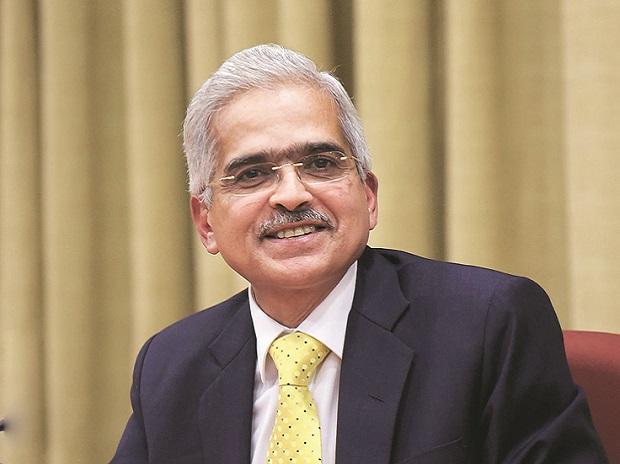(ATF) Amid rising Covid cases, India’s central bank monetary policy committee (MPC) on Wednesday decided to leave key rates unchanged and set out fresh measures to help the economy fight the second charge of the pandemic.
In the first bimonthly monetary policy review of this financial year, the Reserve Bank of India (RBI) orchestrated a perfect balancing act of sucking out liquidity while simultaneously infusing liquidity with bond purchases.
The RBI announced variable rate reverse repo auctions (VRRR) to suck out liquidity, and fulfilled a long-standing demand of the bond market by announcing a calendar for bond purchases: a move that cheered the fixed-income markets.
Policy makers announced a Government Securities Acquisition Programme 1.0 (G-SAP 1.0), in which it committed to buy $13.9 billion worth of government securities in the first quarter of 2021-22; the first such auction is scheduled on April 15, for $3.5 billion.
READ MORE:
It also maintained an “accommodative” policy stance to keep the liquidity taps running in the economy, but refrained from giving guidance on how long the time-bound that would remain.
The repo, or short-term lending, rate was left at 4% for the fifth consecutive round to support the fragile economic recovery. The reverse repo rates, meanwhile, stand at 3.35% and the marginal standing facility (MSF) rate and the bank rate remain unchanged at 4.25%.
A status quo on rates and stance was expected by market experts, as “local lockdowns if they persist, could impact services demand negatively and put downward pressure on 1QFY22 core inflation and act as a balancing factor to emerging upside risks to inflation,” Madhavi Arora, Lead Economist, Emkay Global told Asia Times Financial.
On macro parameters, she added, the inflation forecast for 1HFY22 has been raised “very mildly”, to the 4.9%-5.0% range on the back of robust farm output that is also expected to counter possible inflation pressures.
FIGHTING SECOND SPIKE
Following a brief lull, India’s Covid case trajectory is on an upward spiral again, as the daily tally of cases rose by more than 100,000 fresh infections for a third time, with a record 126,789 cases reported in the last 24 hours, the Union ministry of health and family welfare’s dashboard showed on Thursday morning.
Epidemiologists say India reported hundreds of cases of the virus variants first detected in the United Kingdom, South Africa and Brazil, which was one of the reasons behind the surge, and fear that not only will the second wave reimpose the need for restrictions, it could also be much worse than the first one.
“The recent surge in infections, however, imparts greater uncertainty to the outlook,” RBI governor Shaktikanta Das said. “Localised and regional lockdowns could dampen the recent improvement in demand conditions and delay the return of normalcy.”
Other measures the RBI announced to give the economy a fighting chance in the face of the second wave include;
- A deadline extension for the TLTRO on-tap liquidity facility to September 30 from March 31, which could help banks manage excess liquidity;
- A special extension of the refinance facility for financial institutions like NABARD, National Housing Bank, Sidbi;
- Expansion of online centralised payment systems RTGS and NEFT – currently limited to banks only – to a host of others, including fintech and payments companies;
- Increasing the ways and means limit for states by 46% “to strengthen states’ hands in their fight against the second virus wave”.
GROWTH OPTIMISM
Despite its concerns though, the RBI kept its gross domestic product (GDP) growth forecast unchanged for FY22 at 10.5%.
For each quarter of FY22, the RBI gave real GDP growth forecasts at 22.6% (Q1); 8.3% (Q2); 5.4% (Q3); and 6.2%(Q4).
“While the vaccination drives at the start of the year 2021 has been somewhat offset by rising infections and new mutant strains, yet the speed and collective endeavour with which the world mobilised scientific energies to develop vaccines, and pandemic-related protocols, that have now become a way of life, give us hope and confidence that we will sail through this renewed second surge,” the RBI statement said.
The RBI Governor also said that the central bank will ensure that there is adequate liquidity in the system to ensure that productive sectors get adequate credit.
























